This quote is a profound reflection on the value of freedom and choice. It suggests that even a paradise, which represents an ideal state of happiness and peace, would lose its charm if it came at the cost of one’s freedom to choose otherwise. The speaker would rather have the right to choose hell – symbolizing suffering or hardship – than be confined to a paradise where they have no say in their fate. This underlines the importance of autonomy and self-determination, suggesting that they are more valuable than comfort or pleasure that comes without choice.
In today’s world, this quote could be applied in many contexts. In political terms, it could reflect on societies where citizens are denied basic rights and freedoms under authoritarian regimes – even if these regimes provide certain comforts or securities, they might not be worth living in without freedom.
In personal development terms, it could refer to individuals making choices about their own lives – choosing what may seem like a harder path because it’s more aligned with their values or desires. For example, someone might reject a high-paying job (paradise) because they prefer pursuing their passion (which might initially appear as hell due to hardships) instead.
The idea reminds us not only about the importance of having choices but also about exercising our right to make these choices. Even when options seem grim or less appealing on surface level (like choosing ‘hell’), there can still be greater satisfaction derived from knowing we’re acting autonomously rather than being forced into something perceived as desirable by others (‘paradise’).

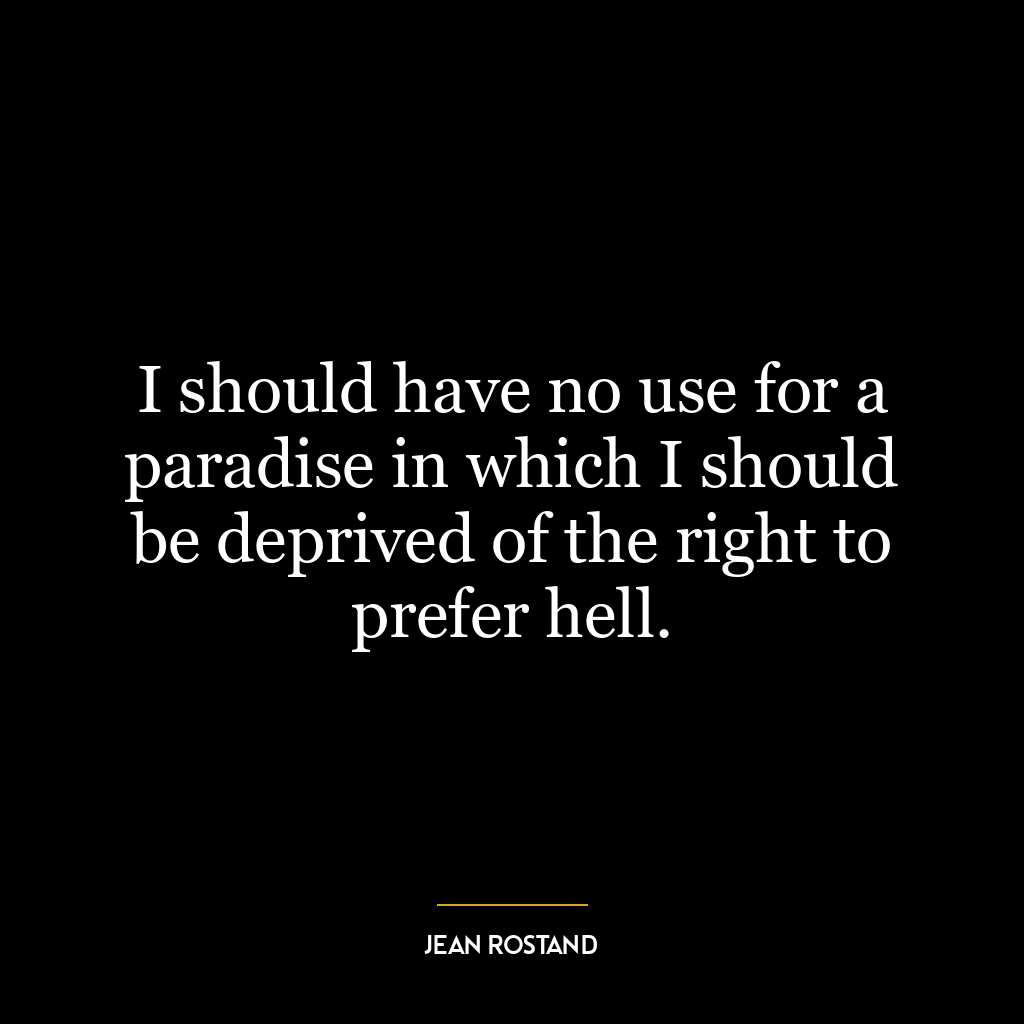




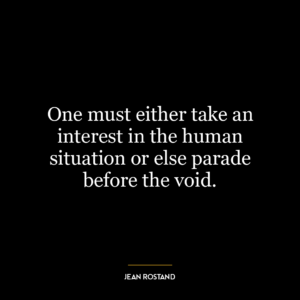
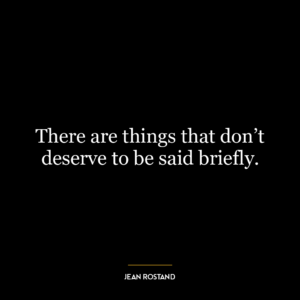


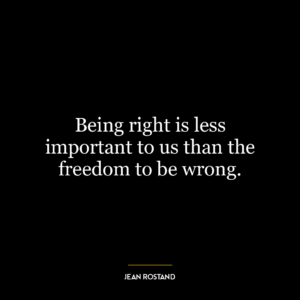
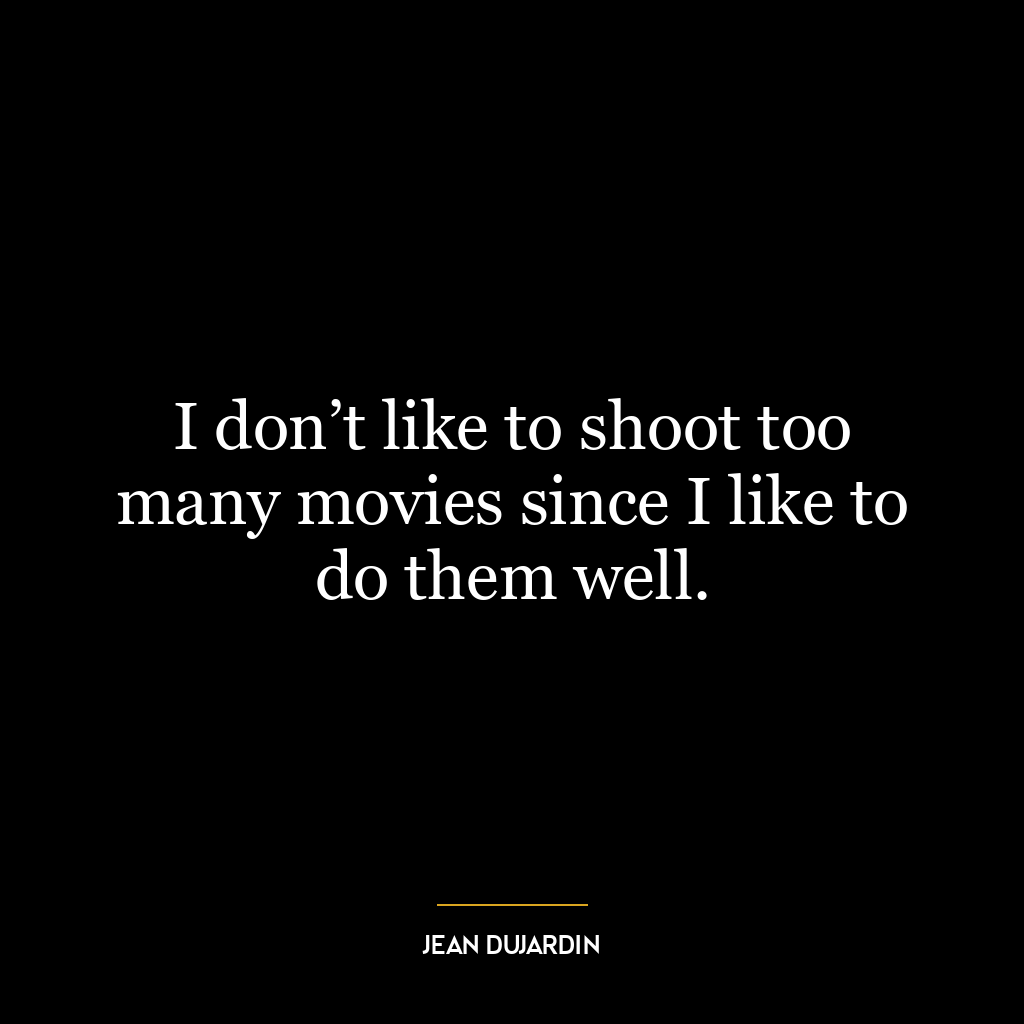
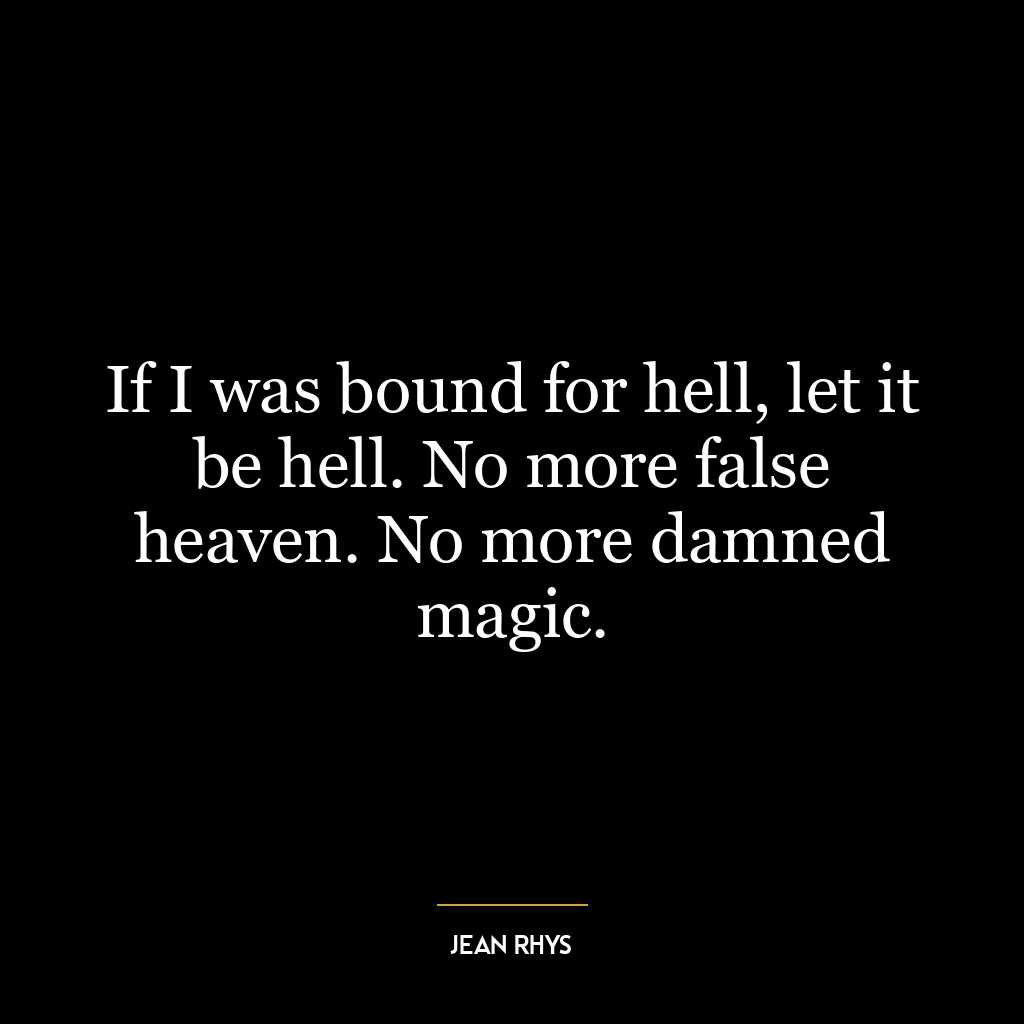

![The form [of literature] matters little to me, classical or not.](https://quotes.guide/wp-content/uploads/jean-paul-sartre/jean-paul-sartre-787186.png)
